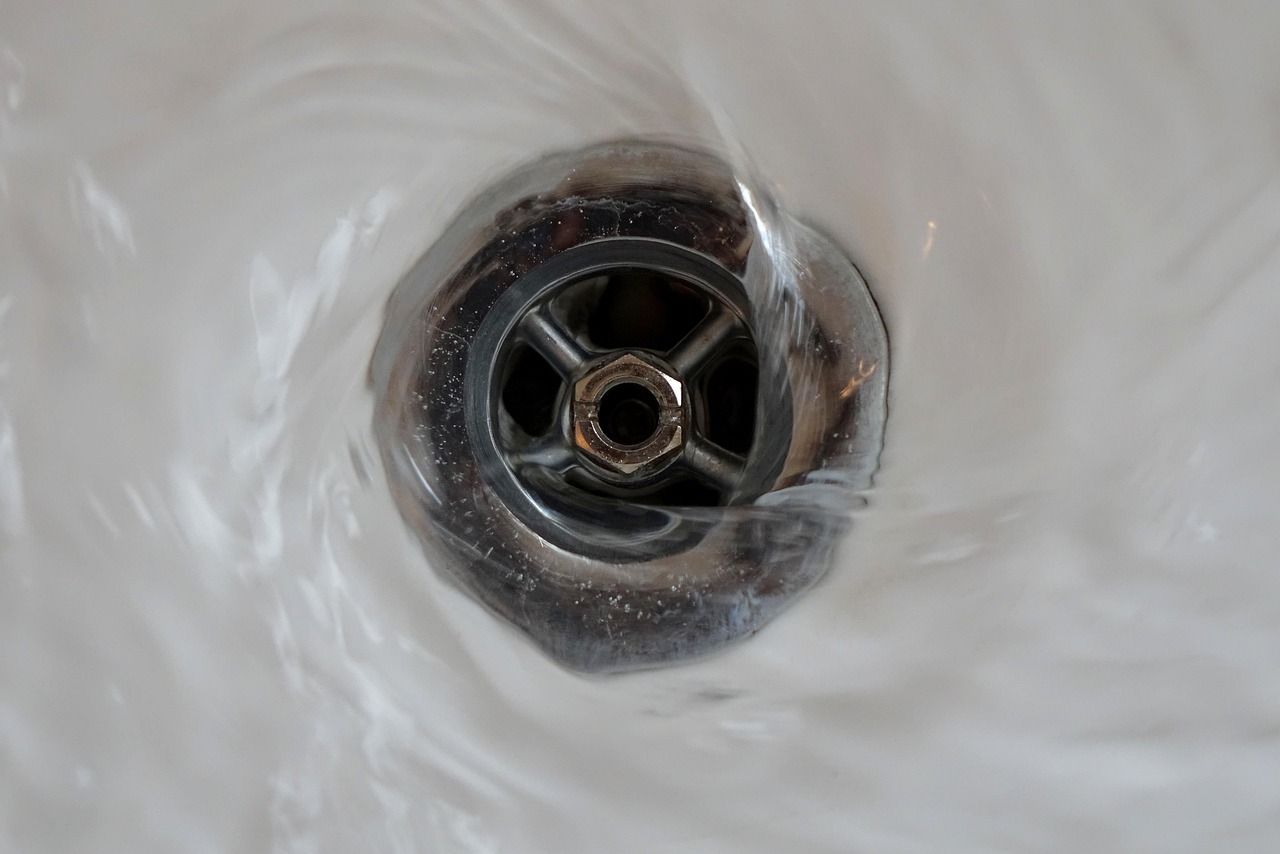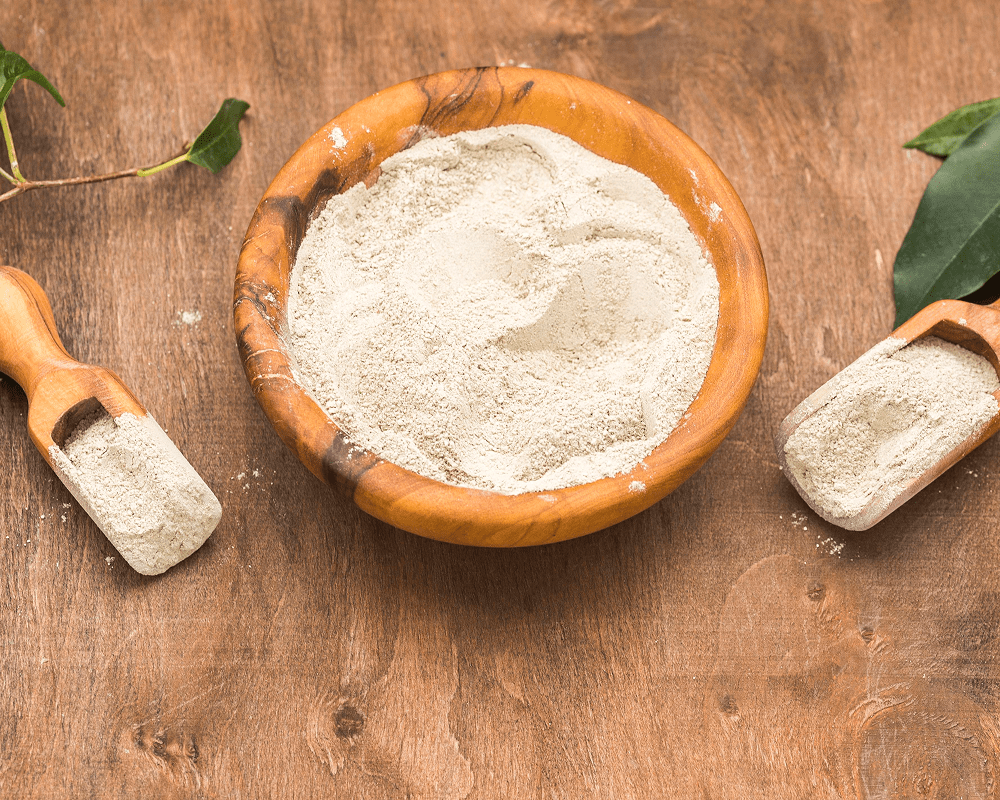Drain cleaning is essential to maintaining a functional plumbing system and preventing costly blockages or water damage. It involves removing debris, grease, and buildup that obstruct water flow and cause drains to clog.
Regular drain cleaning improves drainage efficiency and reduces the risk of unpleasant odors or slow draining sinks and tubs. Understanding the methods and benefits helps homeowners decide when and how to address their drain issues effectively.
Comprehensive Drain Cleaning Methods
Several approaches effectively clear clogged drains, each suited to different types of blockages and plumbing systems. The choice depends on the severity of the clog, the material of the pipes, and the speed needed for clearing.
Manual Removal Techniques
Manual removal involves physically extracting debris from the drain. Tools like drain snakes or augers are commonly used. These tools reach deep inside pipes to break up or pull out blockages such as hair, grease, or small objects.
Plumbers often use a drain snake to push through or latch onto the clog and then pull it back out. For accessible drains, manual removal may include removal of the drain cover and cleaning by hand or with simple hand tools.
This method is effective for localized clogs near the drain opening or within short pipe runs. It is a chemical-free option and minimizes potential damage to pipes.
Chemical Drain Cleaning Solutions
Chemical cleaners use active ingredients to dissolve blockages, mainly composed of grease, hair, or soap scum. Common chemicals include sodium hydroxide or sulfuric acid, which break down organic matter.
These solutions vary in strength. Some are safe for frequent use and biodegradable, while others are highly corrosive and require caution. They are typically poured directly into the drain and left to work for a specified time before flushing with water.
Chemical cleaners work best on minor clogs and are convenient for maintenance. Prolonged or repeated use may harm pipes, especially older metal plumbing.
Hydro Jetting Process
Hydro jetting uses high-pressure water streams to clean and clear drains. Water is injected into the pipe at pressures up to 4000 psi, effectively removing grease, scale buildup, tree roots, and other debris.
This method thoroughly cleans the interior of pipes without chemicals and is suitable for both residential and commercial plumbing. It prevents future clogs by scrubbing the pipe walls.
Hydro jetting requires specialized equipment and professional handling. It is highly effective for severe or recurring blockages and for cleaning long pipe sections.
Preventing Clogged Drains
Proper attention to drain care involves consistent upkeep, recognizing signs of trouble early, and knowing when to call a professional. These steps help reduce blockages and maintain smooth water flow.
Routine Maintenance Tips
Routine cleaning prevents buildup of hair, grease, and soap scum, common causes of clogs. Regularly flushing drains with hot water can dissolve minor grease buildup. Using a drain strainer catches debris before it enters pipes.
Avoid pouring cooking oil, coffee grounds, or large food scraps down drains. These materials solidify or accumulate and lead to blockages. Using enzymatic drain cleaners monthly can help by breaking down organic materials safely.
Identifying Early Warning Signs
Early signs of clogged drains include slow draining water, gurgling sounds, and foul odors. Water pooling around fixtures, such as sinks or tubs, also indicates partial blockage.
Noticing these symptoms promptly allows for quick intervention. Ignoring them can lead to complete blockages or damage to plumbing systems, increasing repair costs and inconvenience.
Professional Inspection Services
Periodic inspections by licensed plumbers detect hidden buildup or damaged pipe sections. Professionals use cameras to view inside pipes, identifying hard-to-see blockages and corrosion.
Scheduling inspections every one to two years helps maintain pipe health, especially in older homes or buildings with frequent drainage issues. Early detection prevents costly repairs and extends the life of plumbing systems.




Leave a Reply